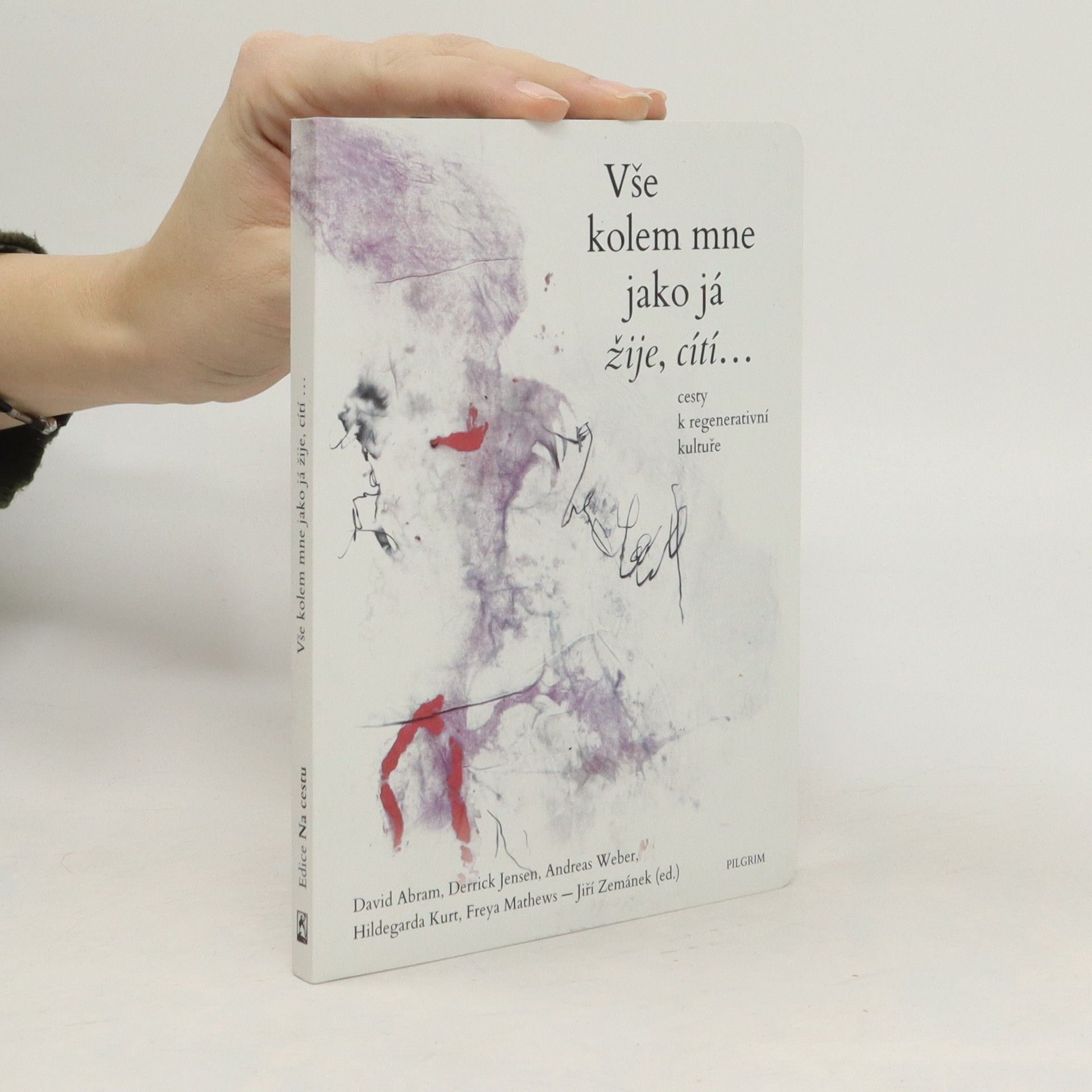The Ecological Self
- 214pages
- 8 heures de lecture
Environmental disasters, including wildfires, species extinction, flooding, and drought, have surged in recent years, highlighting the urgent need for environmental discourse. There is an increasing recognition of the interconnectedness of these issues, yet few have attempted to establish a conceptual foundation that bridges philosophy and science. This acclaimed work skillfully presents a thought-provoking metaphysics of the environment, linking the ideas of seventeenth-century philosopher Spinoza with twentieth-century systems theory and Einstein's physics. The author argues that the atomistic cosmology derived from Newton has fostered a fragmented view of the universe, leading to a perception of humanity as disconnected and individualistic. This perspective has dire implications, as it encourages a view of nature as merely instrumental rather than recognizing its intrinsic value. The author advocates for an ethics of ecological interdependence and a fundamental egalitarianism among living species. This compelling account challenges us to rethink our relationship with the environment, making it a significant contribution to ecological and environmental thought.

